Perthshire butcher Simon Howie has completed a £2 million self-sufficiency energy project, the savings of which has allowed them to increase their workforce by 10%.
The firm is hoping to save around 900 tonnes of carbon dioxide (CO2) over the next three years after work finished at its Findony Farm site in Dunning.
A new fully integrated energy system with a 2.1MW solar array will produce up to 40% of the site’s daytime energy requirements and 150% of electricity demand in the summer.
And the factory site has hired an additional 11 employees as a result, brining total worker numbers to 122.
It comes as the company, which makes meat and vegetarian products, celebrates a new deal with supermarket giant Asda.
Simon Howie black pudding is now available at more than 260 stores across the country, up from the 54 Scottish shops which currently sell the product.
Simon Howie’s sustainability project
The company “dipped their toe” into sustainable energy production in 2013, installing 600 solar panels to the factory roof.
Since then, the firm has developed its sustainability and energy-production efforts, they said.
Two 450KWh lithium batteries and two 12,000 litre water storage tanks have also been installed.
This, the company said, would allow “every drop of energy produced from the solar panels to be used by the site”.
The move comes as an acceptance of the “climate emergency” and the need to limit energy costs as they “spiral”, Mr Howie said.
Plans for a 2.3MW turbine at their Findony Farm site in Dunning were approved by Perth and Kinross Council in March.
“The climate emergency is real and businesses taking on the responsibility to reduce their carbon footprint is, understandably, becoming more and more important to the consumer,” he said.
“Couple this with the spiralling and uncontrollable energy price increases we all experienced and investing in sustainable green energy become a ‘must-do’ as far as we were concerned.
“We want our customers to know we are doing all that we can to insulate them from cost-of-living increases and to make the right changes for the benefit of the planet.”
Scottish Enterprise funding
The project was funded in part by public-body Scottish Enterprise, which provided £500,000 for the development.
Chief executive Adrian Gillespie said: “This innovative project will result in 300 tonnes of CO2 savings annually and puts the business on a strong footing for the future.
“Scottish Enterprise looks forward to continuing to work with the company to realise the impact of this investment, both for their business and the environment.”
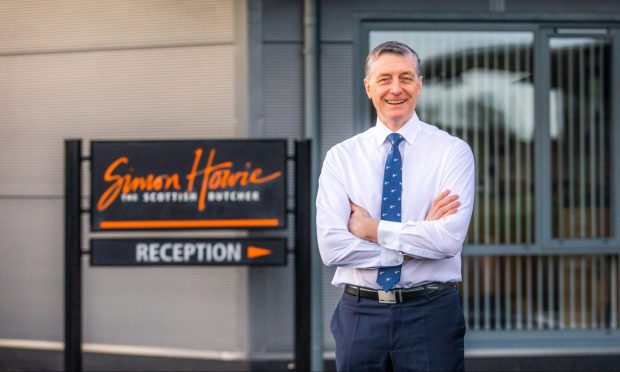
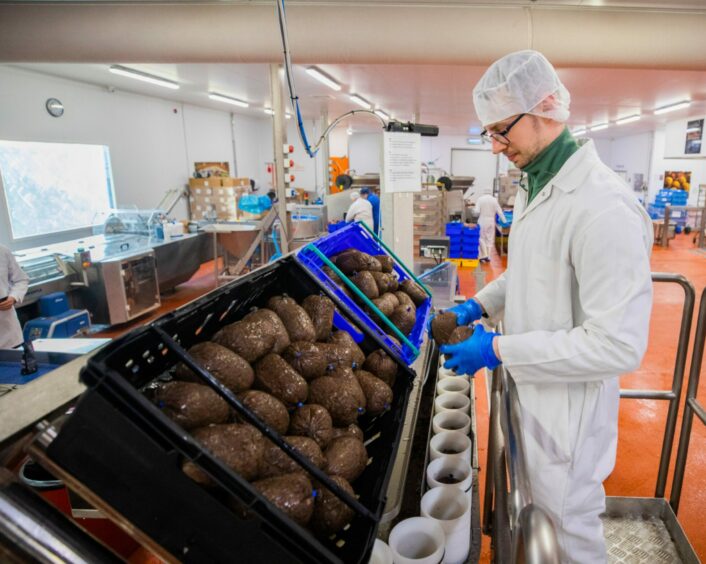
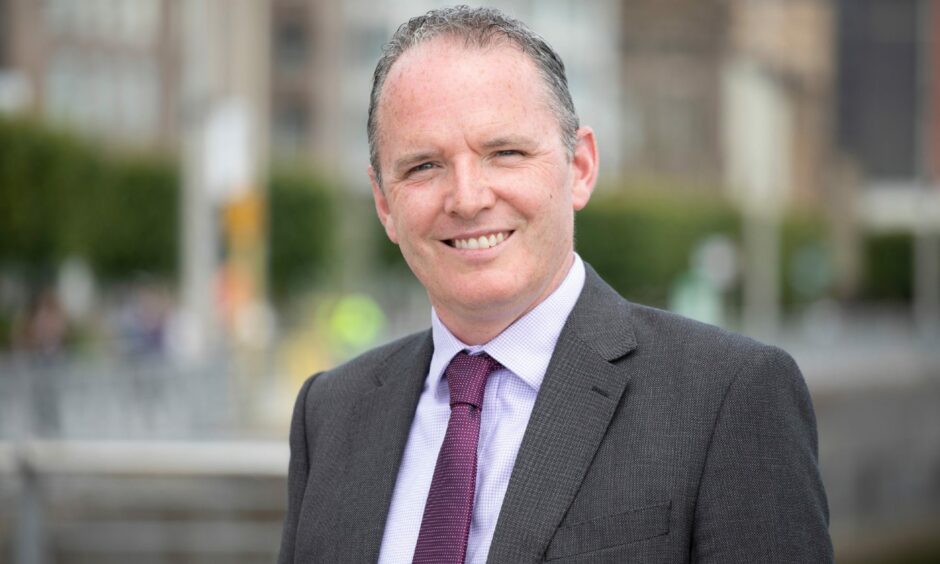
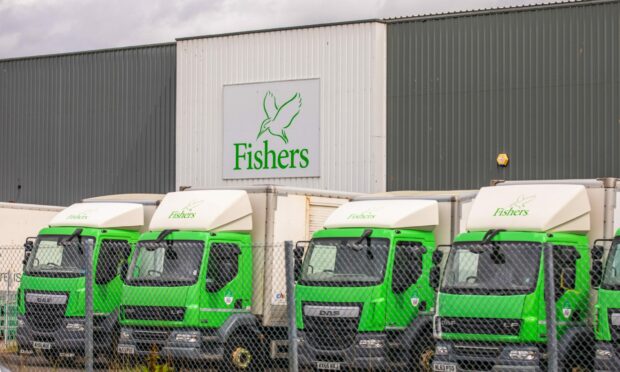
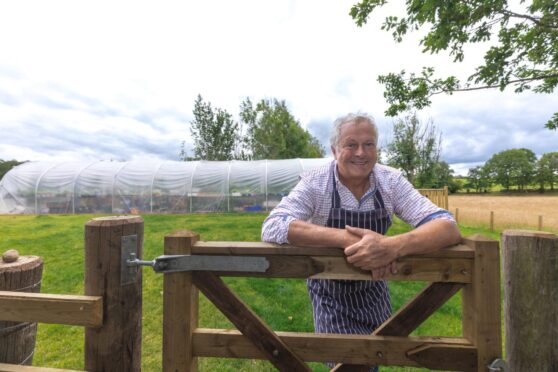
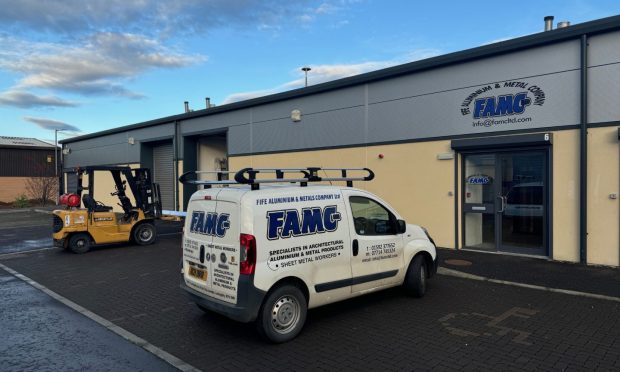
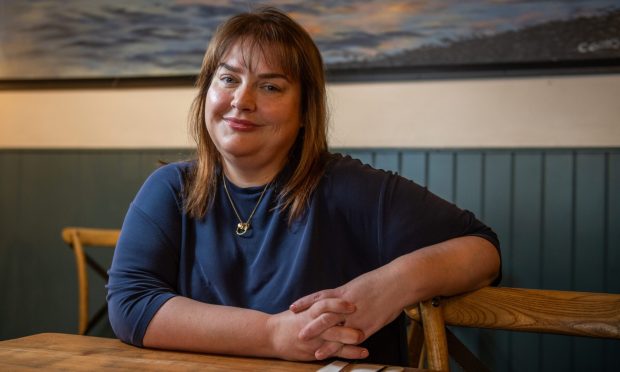
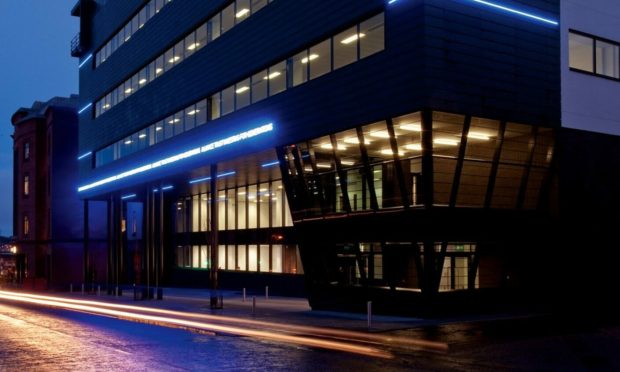

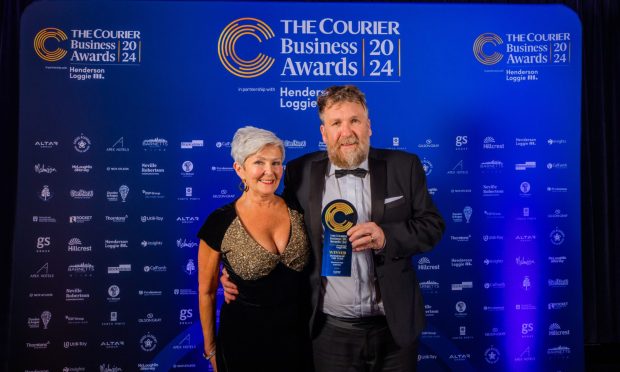
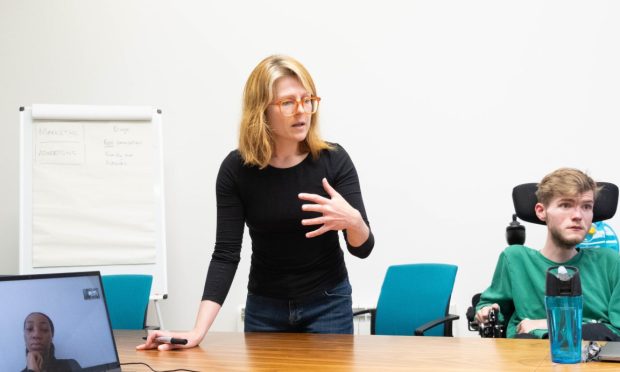


Conversation